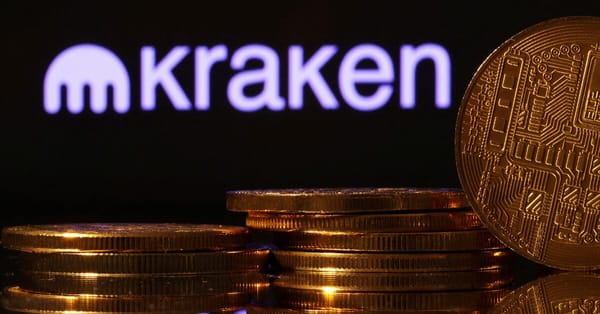How Smart Contracts Are Revolutionizing Finance

Smart contracts are self-executing agreements that operate without intermediaries. Platforms like Ethereum, Solana, and Cardano use smart contracts to facilitate transactions in DeFi, real estate, and even legal contracts. These automated scripts reduce costs and increase efficiency, making financial transactions more secure and transparent.
In DeFi, smart contracts enable lending, borrowing, and yield farming without requiring traditional financial institutions. This has led to the rise of decentralized exchanges (DEXs) like Uniswap and PancakeSwap, which operate without centralized control. Moreover, smart contracts facilitate automated insurance claims, real estate transactions, and tokenized assets, further expanding their applications.
Despite their advantages, smart contracts are susceptible to coding errors and security vulnerabilities. Hacks and exploits, such as the infamous DAO hack in 2016, have highlighted the need for rigorous auditing and improved security measures to ensure the reliability of these contracts.




